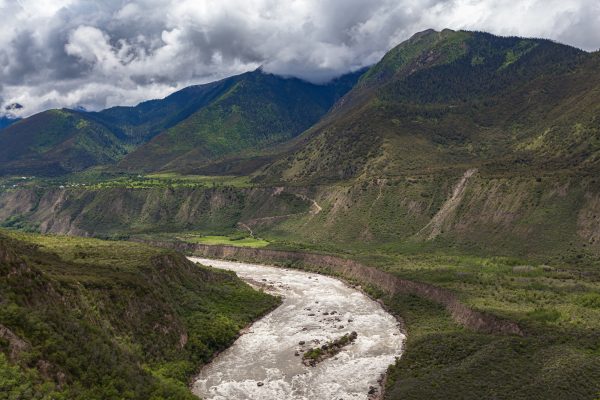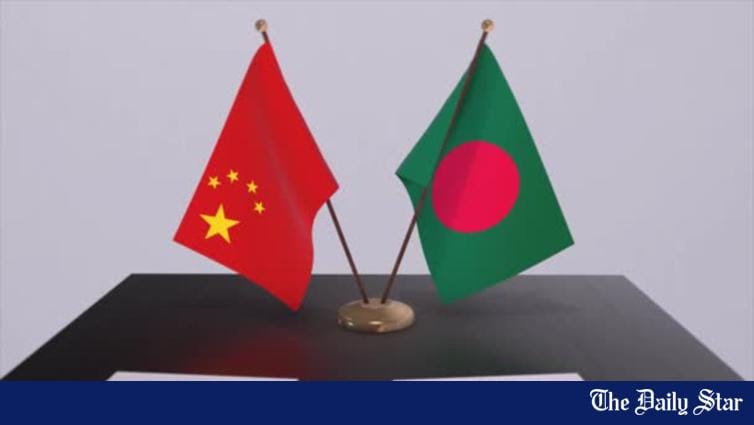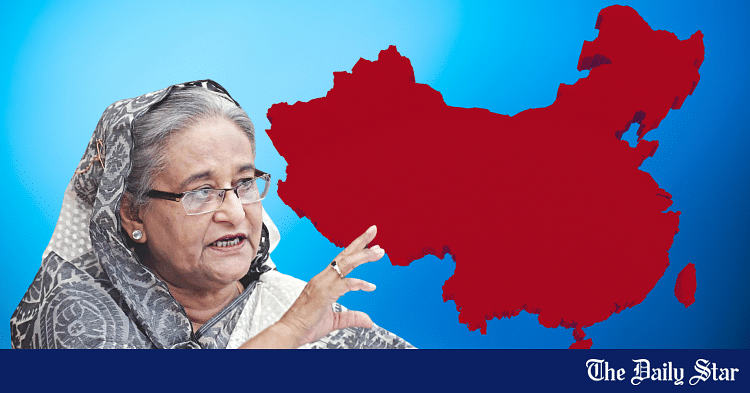- Joined
- Jan 24, 2024
- Messages
- 3,812
- Likes
- 2,034
SIDI will see the establishment of an electric vehicle plant, a hi-tech park and a logistic hub at a strategic location, said a finance ministry official.Japan is supporting the Moheshkhali-Matarbari Integrated Infrastructure Development Initiative (MIDI) and the BIG-B Initiative (The Bay of Bengal Industrial Growth Belt).
"Similarly, Dhaka wants Beijing to support SIDI," said a foreign ministry official.
Bangladesh earlier sought a loan in Yuan worth $5 billion to facilitate importers to make payments for goods and services procured from China amid Bangladesh's strained dollar stockpile.
Bangladesh will seek Chinese support for the Southern Integrated Development Initiative (SIDI) centring the Payra Port in Patuakhali, according to finance ministry officials.
This will be an integrated development plan for the southern region involving projects on transport and communication, ICT, power and energy, logistics and a special economic zone.
SIDI will see the establishment of an electric vehicle plant, a hi-tech park and a logistic hub at a strategic location, said a finance ministry official.Japan is supporting the Moheshkhali-Matarbari Integrated Infrastructure Development Initiative (MIDI) and the BIG-B Initiative (The Bay of Bengal Industrial Growth Belt).
$20 Billion for just the SIDI projects is way too high. Such projects can be done in India (for example) for well under $10 Billion or so. Another scheme for corruption under Hasina. If money is to be given, it should go directly toward paying Chinese contractors by Chinese Govt. Bangladeshi officials should not have any chance to see any money change hands.
The other projects for which Dhaka will be seeking loans from China include: the Dhaka Mass Rapid Transit Development Project (Line 2), the Bhanga-Kuakata rail line, bridge over the Kocha river at Pirojpur, the renovation of Dhaka Medical College Hospital, Maheshkhali/Matarbari Bakhrabad 3rd parallel gas transmission pipeline.
Other than Dhaka Mass Rapid Transit Development Project (Line 2), the rest of them are Faaltu projects which will never see proper ROI. Instead of "improving" DMC, Chinese companies should set up new hospitals in Dhaka and other towns under BOPP arrangements, paid (again) directly by Chinese Govt. Bangladeshi administrators should never see the sign of any money.
MRT Line 2 was going to be funded by the Korean Companies, but they have supposedly backed out, it seems.

MRT Line 2 (Dhaka Metro Rail) - Wikipedia
China can support Bangladesh in the development of state-of-the-art hospitals that are in high demand here, said Imtiaz Ahmed, executive director of the Centre for Alternatives.
Exactly.
"It is important that the Teesta project implementation begins soon as 29 million people are suffering because of the water deficit in the Teesta. It is time for us to turn geopolitical conflicts into cooperation," Ahmed said at the event moderated by Shah Ali Farhad, a former special assistant to Hasina.
Indians should get the message (sooner rather than later) that the time for stealing water and screwing around with withholding water downstream to Bangladesh is over. When China gets involved and starts withholding water to India using their Dam (huge leverage for them against India) then shortsighted Indian Govt. will be forced to play things right.
Zangmu Dam - Wikipedia
Beautifully illustrated and described in detail in here,
On the wildest stretch of the Everest of rivers, China is preparing the mother of all mega dams
Beijing is turning its sights to one of the wildest and riskiest reaches of the Tibetan Plateau where it's making plans to build the world's most powerful hydropower plant.
This topic is a source of much bed-wetting within Indian media and MEA circles. They however conveniently forget to mention how India has forever been withholding water illegally from Bangladesh.

The Chinese Threat to Lower Brahmaputra Riparians India and Bangladesh
The plan to divert the waters of Brahmaputra would affect over 140 million people who are dependent on the river.
thediplomat.com
Last edited:









































